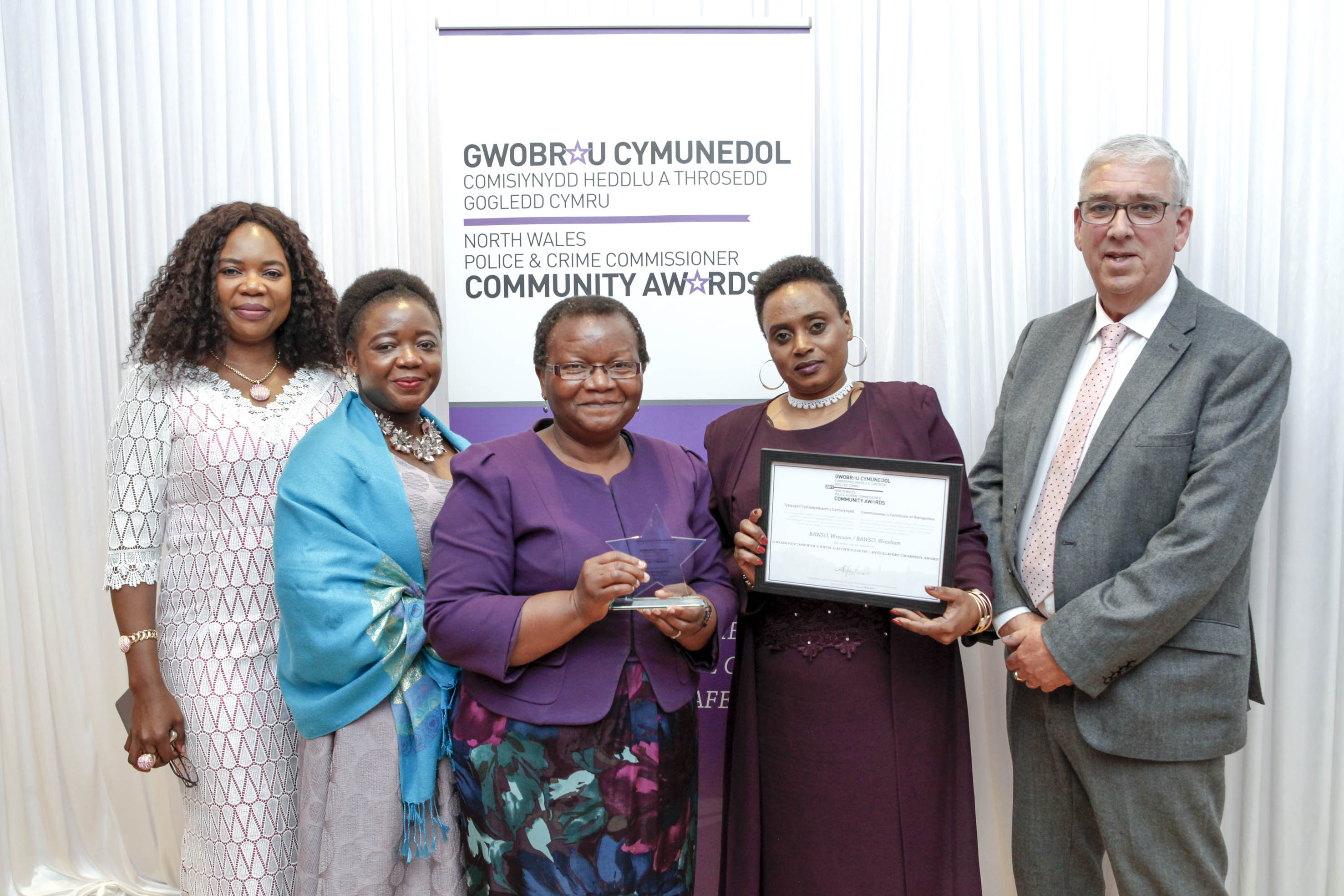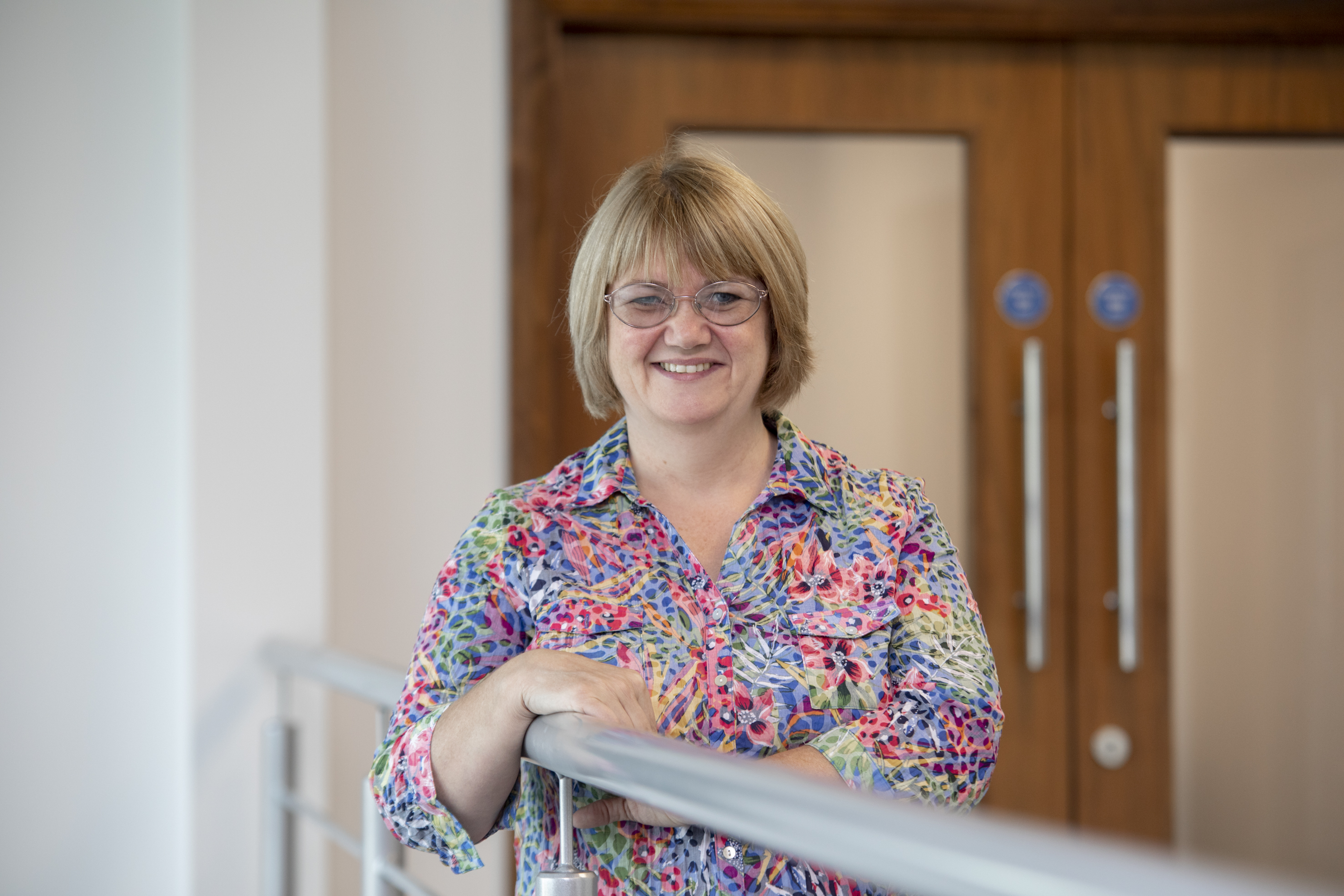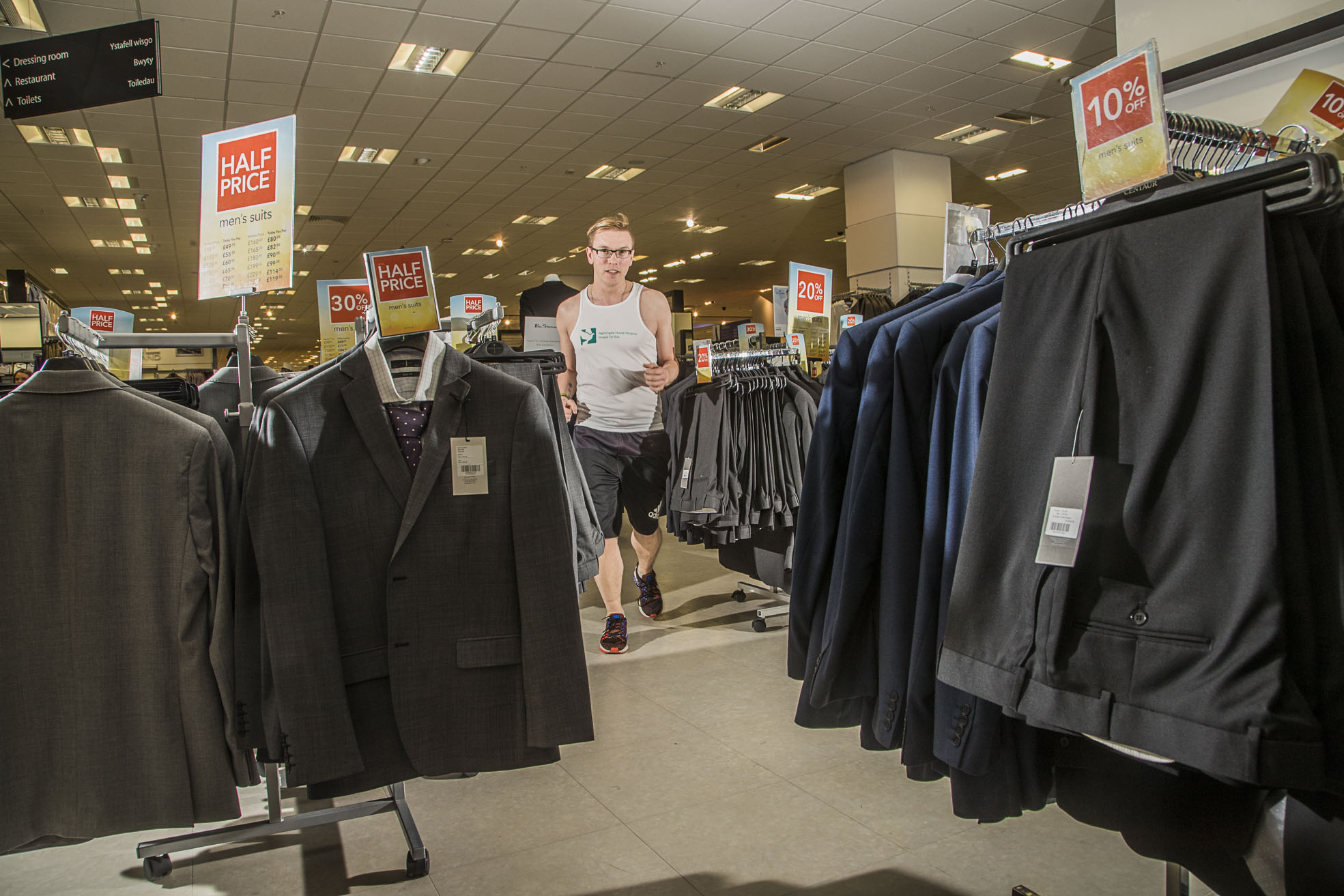A campaigner against modern slavery has urged people in North Wales to be on the look-out for victims of human trafficking and modern slavery.
The plea came from Wanjiku Ngotho, Regional Director of BAWSO, which provides specialist services for black and minority ethnic (BME) communities across the region.
After drugs, modern slavery is the second most profitable crime in the world and here the victims often work for little or no money in nail bars, car washes, hotels, farms and brothels.
BAWSO was recognised as Anti-Slavery Champions at North Wales Police and Crime Commissioner Arfon Jones’s Community Awards at the Kinmel Manor Hotel in Abergele.
Ms Ngotho, originally from Kenya, leads a team which supports up to 150 people from black and minority ethnic groups at any one time.
She was a victim of years of fear and isolation after years of abuse at the hands of an ex-partner,
Ms Ngotho said: “The problem of modern slavery and human trafficking is widespread in North Wales and particularly around Wrexham which is a dispersal town for asylum seekers and refugees as well as having large Polish and Portuguese communities.
“Many of them bring issues with them and we provide support, including language support with interpreters, and we deal with a wide range of problems.
“These include domestic abuse, violence against women, female genital mutilation and most recently modern slavery which is very common in North Wales and even includes the trafficking of local British people.
“These victims can often be found working for nothing and at very high risk in places such as nail bars, brothels, car washes, farms and hotels, often very traumatised and needing high level therapy.
“We work very closely with North Wales Police and our people often have years of experience including experience of the kind of abuse the victims themselves have suffered and they understand all too well what they have gone through.”
BAWSO’s head office is in Cardiff, with their North Wales operation managed from Wrexham. Eleven staff are employed across the region, and there are surgeries across the six counties.
Alice Amedor, assistant manager of the North Wales Centre, said: “Human trafficking is on the increase in North Wales. It’s an issue we have been involved in.
“We’re one of the first responders to human trafficking generally in North Wales, and work closely with the Home Office’s human trafficking unit.
“We also work with the Salvation Army, who provide support when we identify a victim and we work closely with the Red Cross who transport victims from wherever they are.”
Alice, who is originally from Ghana and moved to North Wales 10 years ago, added: “We never say no to any of the referrals when we are called. We respond to all of them.
“Our assistance can range from giving victims safe refuge to working with social services on health care and legal representation and in some cases, the safe return of a victim to their home country is arranged.
“Modern day slavery is the second most profitable crime in the world, second only to drugs, and it is also a growing crime in the UK.”
Arfon Jones has made the fight against modern slavery and human trafficking one of the main priorities in his Police and Crime Plan.
He is also funding the appointment of the UK’s first support officer dedicated to helping victims.
Mr Jones said: “The breadth of understanding in North Wales about the business of modern slavery is scant but this is a particularly serious crime and deals with the most vulnerable victim group of all.
“BAWSO have won the Anti-Slavery Champion Award for their work to support the police and other agencies to raise awareness of the issues surrounding modern slavery in North Wales.
“They have given vital support to victims of what isn’t just an inner-city phenomenon. People in North Wales are affected as much as anywhere else.
“It is vital to increase public awareness of one of the most insidious crimes faced by society and we are working hard with our partners to expose and tackle this crime, protect its victims and bring offenders to justice.
“To do this we need the communities of North Wales to support us, to look out for evidence of it and to contact the police if you have concerns.”










